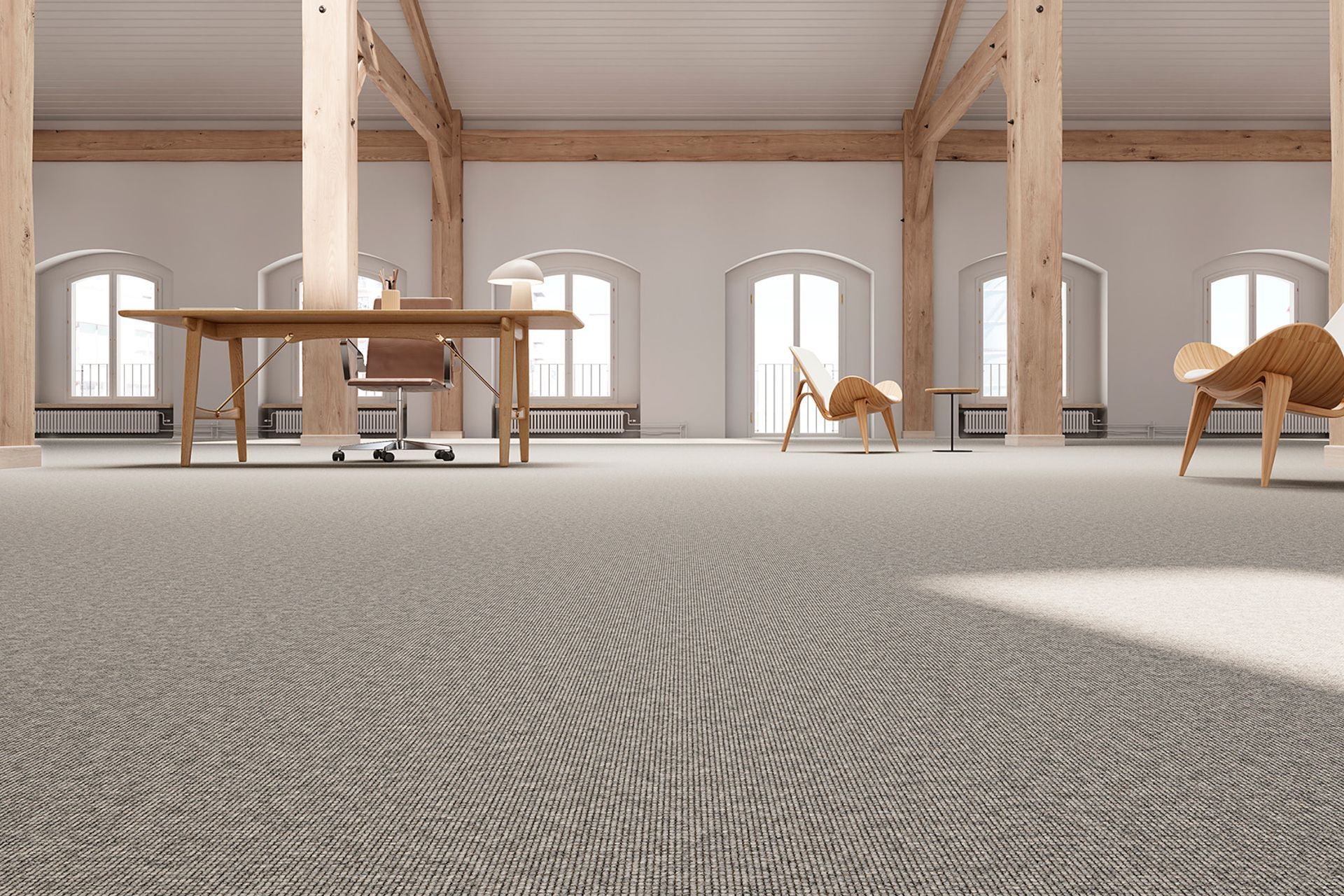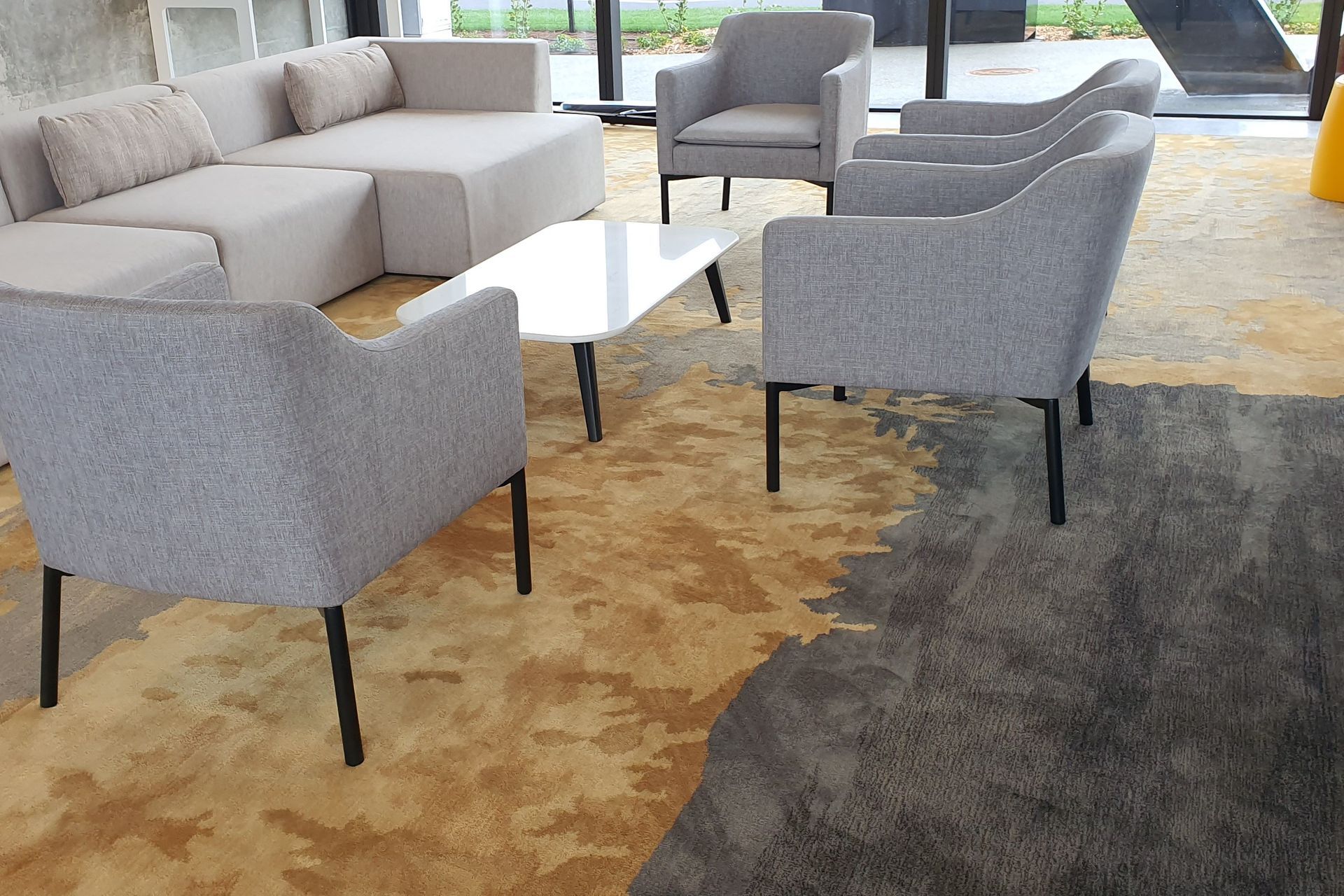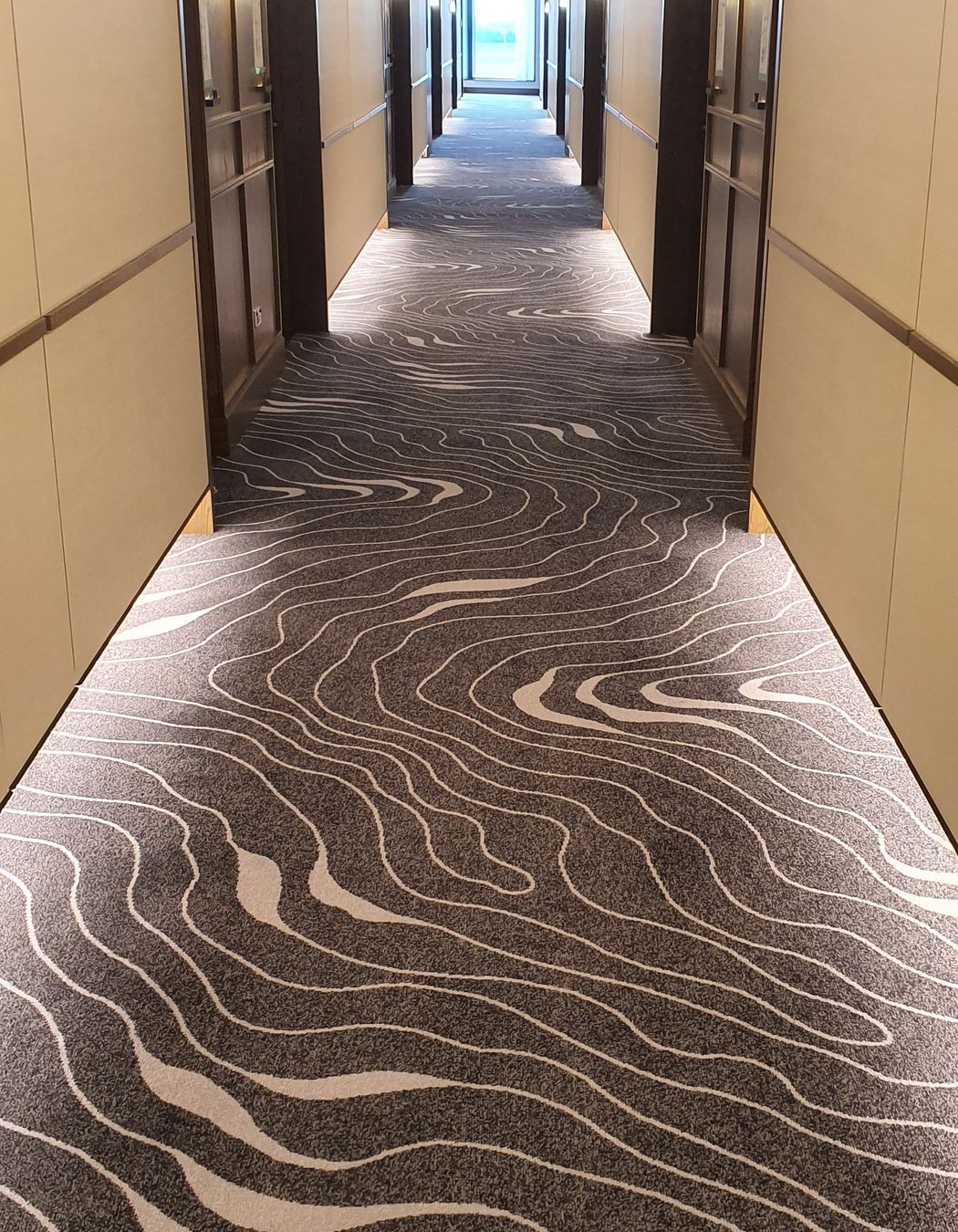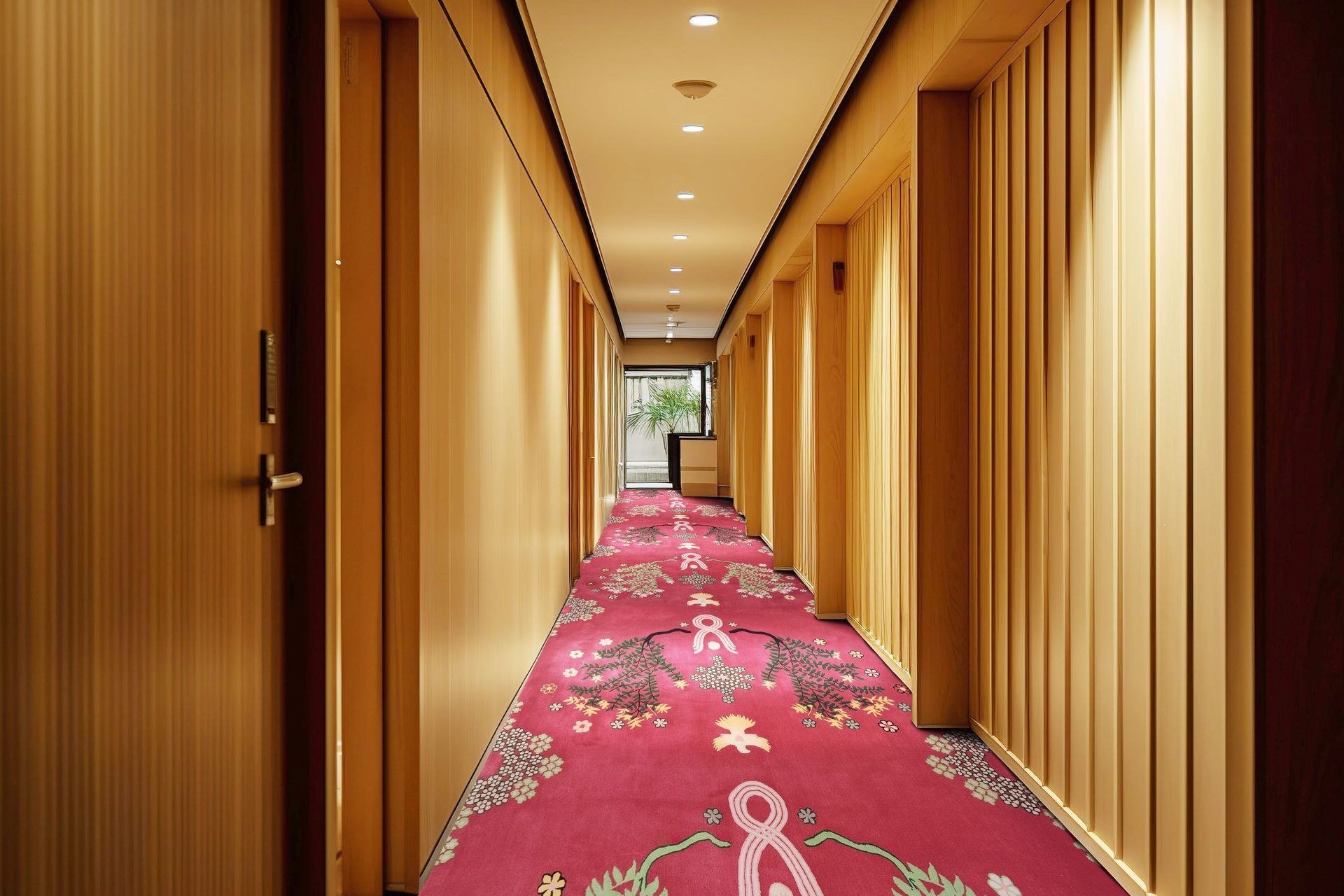Wool mandates by NZ Govt: what to consider when selecting carpets

Effective from July 1 2025 the New Zealand Government has mandated that government agencies – numbering around 130 – consider using woollen fibres in new and refurbished government buildings where “practical and appropriate”.
Agencies will make their own assessment on the practicality and appropriateness of using wool, but those agencies opting not to use it must report annually to the Ministry of Business, Innovation and Employment (MBIE), explaining their reasons.
This initiative supports the 2023 coalition agreement's commitment to bolster the domestic wool industry and promote sustainable materials in public infrastructure.
For government buildings, wool has a variety of potential uses, such as flooring, insulation, acoustic panels and furnishings.
The amendment to the Procurement Rules will apply to government owned buildings for:
Economic Growth Minister Nicola Willis said, "The factors agencies should consider when determining how to interpret this directive and whether the use of woollen products is practical and appropriate include cost, including whole of life, compliance with New Zealand standards, technical and functional requirements, where wool performs particularly well, availability, sustainability and wellbeing."
SPECIFYING WOOL VERSUS NYLON CARPETS – WHAT TO CONSIDER
When deciding between recycled nylon and wool carpets, considerations should include:
· cost
· durability/life of the carpet
· does the warranty cover castor chairs, entry-ways, stairs
· colour fastness
· batch consistency
· static (believe it or not wool can create more static than quality nylon)
· end of life –
- Wool-is it a blend or 100% wool, and is the backing biodegradable, or able to be separated from the pile to go to landfill
- Nylon – is it eco-friendly/made from recycled materials, is there a take-back scheme
· air quality
· resilience to humidity
· resilience to pests/use of pesticides
· manufacturing process – is it as environmentally friendly as possible
· ease of maintenance
· lead times may also be a factor in decision-making
FUN FACTS
The sector contributed $549m to the economy in the financial year ending 2024 from exporting processed and unprocessed wool products. ·New Zealand remains the world's third largest wool producer after China and Australia, and accounts for about 9 percent of total world wool production."
Source: Agriculture Minister Mark Patterson as quoted by RNZ https://www.rnz.co.nz/news/political/557634/new-procurement-rules-urge-wool-use-in-government-buildings
As a business that distributes New Zealand wool carpets and rugs to the market – both 100% wool and wool blend – Heritage Carpets is well versed in the “practicality and appropriateness” of the use of wool flooring for commercial spaces.
Contact your Heritage Carpets Architectural Consultant for more information and to help you specify what is fit-for-purrpose.





